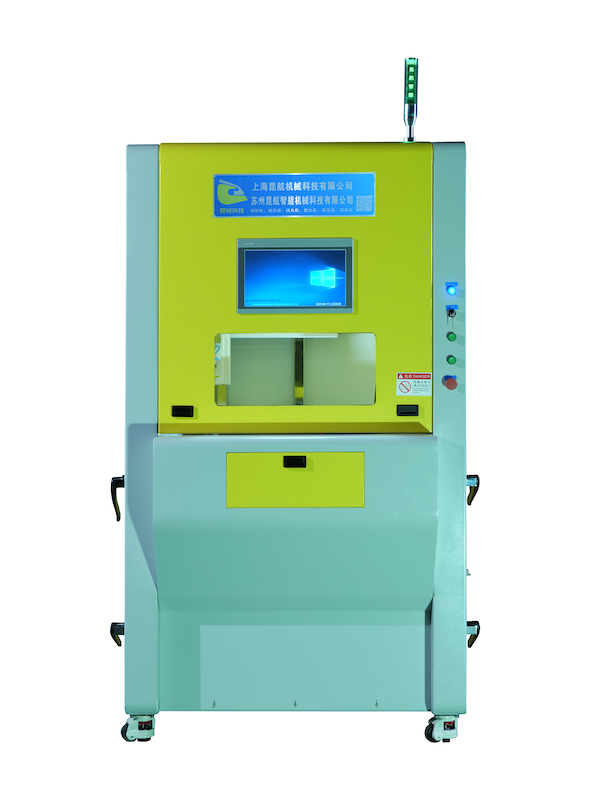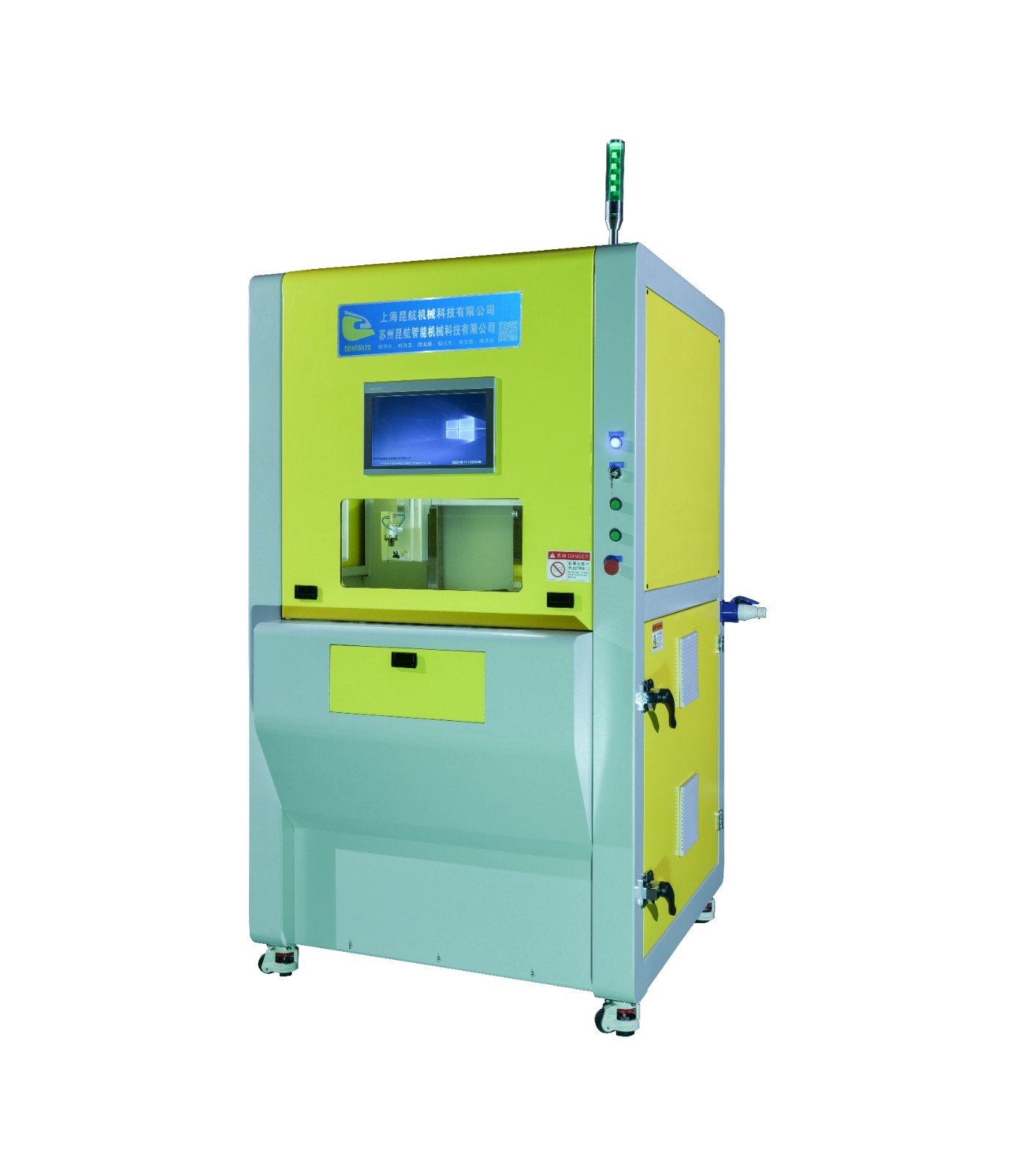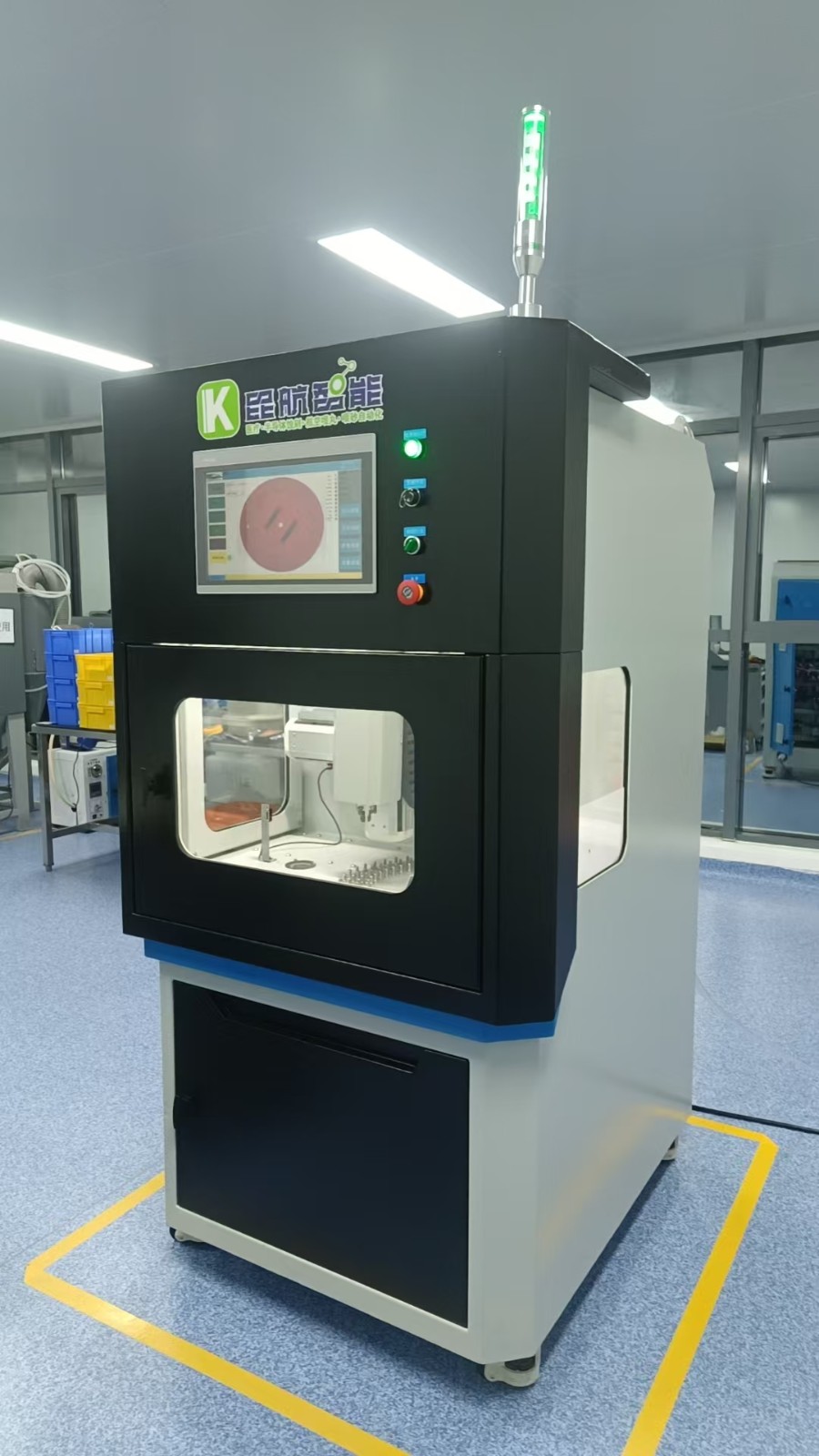
Sandblasting treatment of medical devices
Sandblasting treatment of medical devices is a highly specialized surface preparation process that plays a critical role in enhancing the performance, durability, and biocompatibility of medical equipment. This advanced technique involves the controlled application of abrasive media, such as aluminum oxide, glass beads, or silicon carbide, to clean, texture, or modify the surface of medical devices. The process is meticulously tailored to meet the stringent requirements of the medical industry, ensuring compliance with regulatory standards and improving the functionality of medical components.
- HC
- CHINA
- 1 MONTH
- 50000/MONTH
- Information
- Download
Sandblasting treatment of medical devices is particularly effective in creating uniform surface textures, which are essential for promoting adhesion in coatings, improving bonding in assemblies, and enhancing the integration of implants with biological tissues. The process can be adjusted to achieve specific surface roughness levels, ensuring optimal performance for applications such as orthopedic implants, surgical instruments, and dental prosthetics. By utilizing precise control over parameters like abrasive media size, pressure, and nozzle distance, sandblasting treatment delivers consistent and repeatable results.
One of the key benefits of sandblasting treatment of medical devices is its ability to remove contaminants, oxides, and residues from surfaces, ensuring a clean and sterile base for further processing. This is especially important for devices that undergo coating or anodizing, as a well-prepared surface significantly improves the adhesion and longevity of the applied layers. Additionally, sandblasting treatment can be used to create micro-textured surfaces on implants, which promote osseointegration and reduce the risk of implant rejection.
Sandblasting treatment of medical devices is compatible with a wide range of materials, including stainless steel, titanium, cobalt-chromium alloys, and ceramics. The process is often integrated into automated production lines, ensuring efficiency and consistency in high-volume manufacturing. Furthermore, modern sandblasting systems are designed with enclosed chambers and advanced filtration systems, minimizing airborne particles and ensuring a safe working environment.
In summary, sandblasting treatment of medical devices is a vital process in the medical manufacturing industry, offering precise surface preparation, enhanced functionality, and improved biocompatibility. By incorporating sandblasting treatment into the production of medical devices, manufacturers can achieve superior product quality, regulatory compliance, and patient outcomes, making it an indispensable technology in the development of advanced medical solutions.












